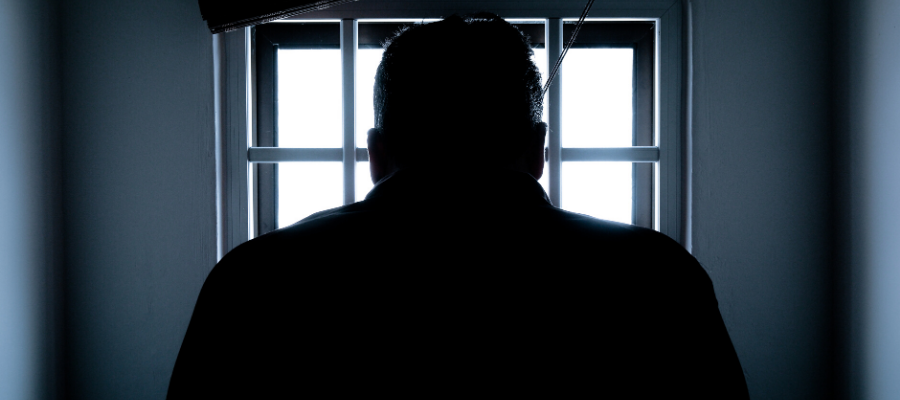The Fairness Fixation
Nov 02, 2014Imagine that your eight-year-old son arrives home boasting that he won the race that day in gym class.

Can an algorithm be racist? ProPublica has argued as much against an algorithm used to determine bail sentencing. The algorithm assesses the risk that an individual will reoffend. The creators of the algorithm defend it saying that black and white individuals with similar risk assessments have similar chances of reoffending.
But critics deride the algorithm because, looking just at individuals deemed high risk who didn't end up reoffending, a lot more black individuals were incorrectly assessed as high risk in this way. (These are complicated points, and the article below should clarify them.) Can both of these claims in fact be true?
The following Washington Post article argues in the affirmative. The article points to how the creators and critics may disagree more fundamentally on what the relevant standard of fairness is.
Check out the article here: https://www.washingtonpost.com/news/monkey-cage/wp/2016/10/17/can-an-algorithm-be-racist-our-analysis-is-more-cautious-than-propublicas/
Comments (1)
Harold G. Neuman
Saturday, March 17, 2018 -- 11:12 AM
I think the notion of, inI think the notion of, in this case, a predictive algorithm, is flawed because of what should be an obvious bias AGAINST people of color and FOR white perpetrators. Is this regard, the flawed thinking may not amount to racism, but, as my attorney friends would point out: it gives the appearance of doing so, which is to say, the outcome is virtually the same. It further reminds me of a Gestalt puzzle: the so-called duck-rabbit. When you look at the picture, it alternates between presenting itself as a duck, or as a rabbit. Which is to say things are not always as they seem. Now, the illusion can be largely diminished by increasing the size of the eye in the picture, so that the rabbit aspect is dominant. But this too, is illusion is one respect. I am amazed by the lengths to which people may go to level a playing field or make some part of a system more equitable, when in the end game, they only manage to reinforce the unfairness that they have wished to undo. Fascinating, don't you think?